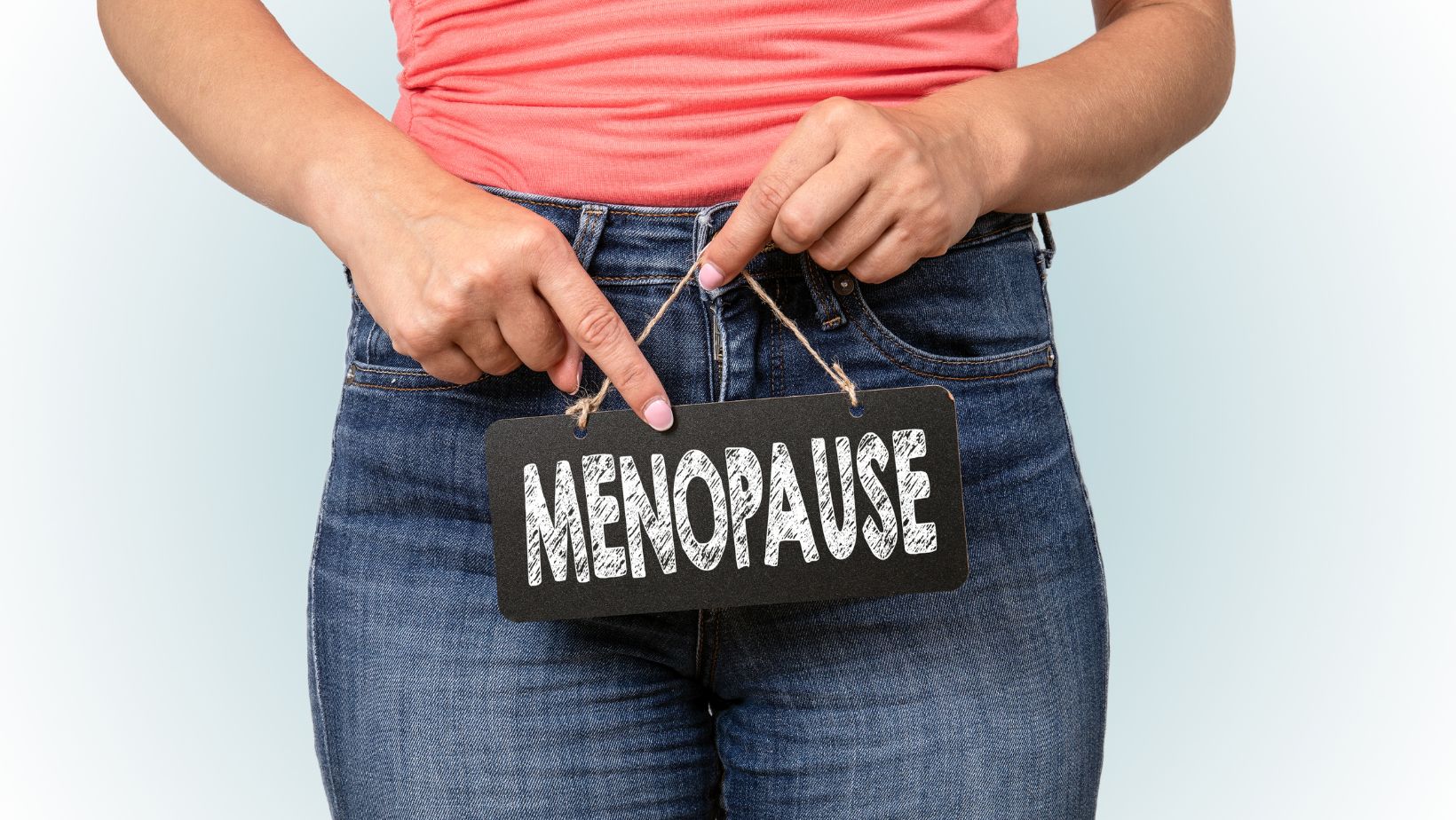
Is Keto Good For Menopause
Menopause is a natural phase in a woman’s life that comes with various hormonal changes. During this time, many women may experience symptoms such as weight gain, hot flashes, and decreased energy levels.
The ketogenic diet, or keto for short, is a low-carbohydrate and high-fat eating plan that aims to shift the body into a state of ketosis. This metabolic state encourages the body to burn fat for fuel instead of carbohydrates. While there are limited studies specifically examining the effects of keto on menopause symptoms, some research suggests potential benefits.
One potential benefit of the keto diet for menopausal women is its ability to support weight management. With age and hormonal changes, many women find it challenging to maintain a healthy weight during menopause. The low-carbohydrate nature of keto can help promote weight loss by reducing insulin levels and increasing fat burning.
However, it’s important to note that every woman’s experience with menopause is unique, and what works for one person may not work for another.
Understanding Menopause And Its Effects On The Body
When it comes to menopause, many women experience a variety of physical and hormonal changes that can impact their overall well-being. From hot flashes and mood swings to weight gain and decreased energy levels, navigating through this transitional phase can be challenging. As someone who has explored the topic extensively, I’m here to shed some light on how menopause affects the body.
One common concern for women going through menopause is weight management. During this time, hormonal fluctuations can make it easier to gain weight and more difficult to lose it. This is where the keto diet comes into play.
Additionally, adopting a keto lifestyle might have other benefits related to menopausal symptoms. Some women report experiencing fewer hot flashes when following a low-carb diet like keto. The theory behind this is that stabilizing blood sugar levels through carb restriction may help regulate hormone levels and reduce vasomotor symptoms.
However, it’s important to note that every woman’s experience with menopause varies greatly. What works for one person may not work for another. It’s crucial to consult with your healthcare provider before making any drastic dietary changes or starting a new eating plan like keto.
Managing Weight Gain During Menopause With Keto
When it comes to managing weight gain during menopause, many women are turning to the keto diet as a potential solution. But is keto really good for menopause? Let’s dive into this topic and explore the benefits and considerations.
- Understanding Menopausal Weight Gain: During menopause, hormonal changes can lead to weight gain, especially around the abdomen area. This shift in hormones can disrupt metabolism and make it more challenging to maintain a healthy weight. Additionally, decreased estrogen levels might result in increased insulin resistance, which can further contribute to weight gain.
- The Potential Benefits of Keto: Keto, short for ketogenic diet, is a low-carb, high-fat eating plan that aims to put your body into a state of ketosis. By following a keto diet during menopause, some individuals have reported experiencing:
- Improved weight management: With its focus on reducing carbs and increasing healthy fats, keto may help regulate appetite and promote weight loss.
- Considerations Before Starting Keto: While there are potential benefits associated with adopting a keto diet during menopause, it’s important to consider individual factors before making any dietary changes:
- Consult with a healthcare professional: Before embarking on any new eating plan or exercise regimen during menopause, it’s crucial to consult with your healthcare provider who understands your medical history.
- Personalization is key: Every woman experiences menopause differently; what works for one person may not work for another. It’s essential to listen to your body and find an approach that suits your needs and preferences.
In conclusion, while some women have found success in managing weight gain during menopause by adopting a keto diet, it’s important to approach this dietary change with careful consideration and personalized guidance. As with any lifestyle modification, what works for one person may not work for another. Consulting with healthcare professionals and prioritizing nutrient adequacy are vital steps in navigating the potential benefits and considerations of keto during menopause.

